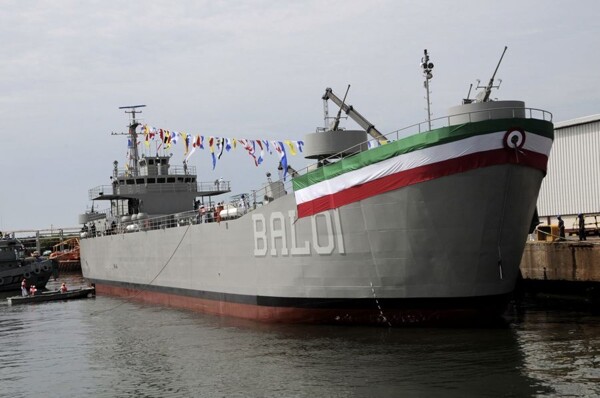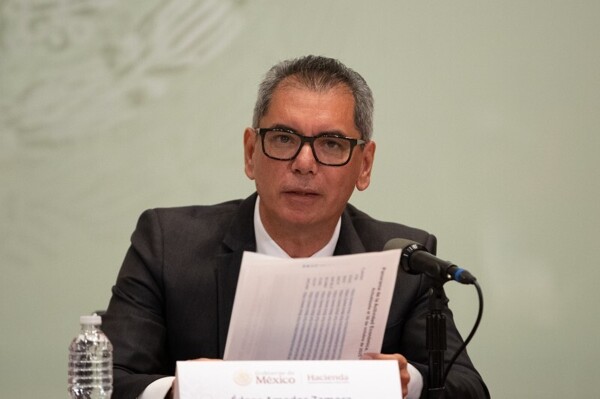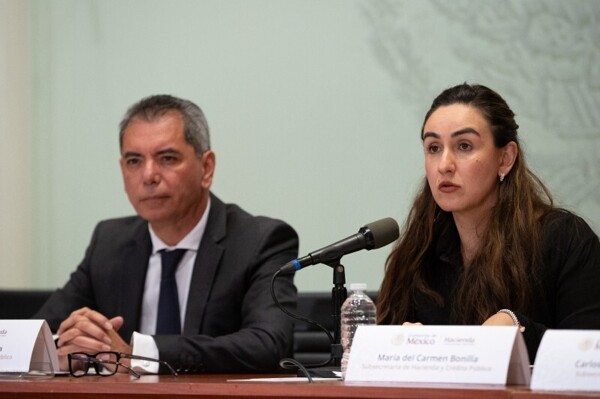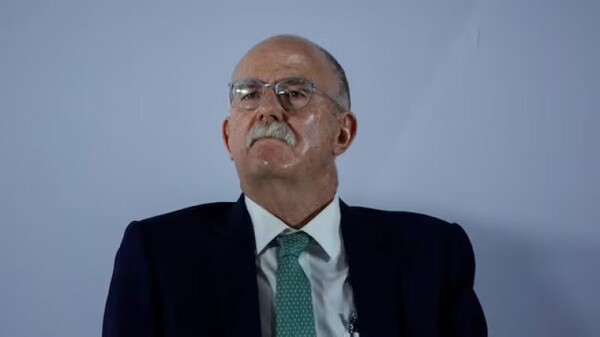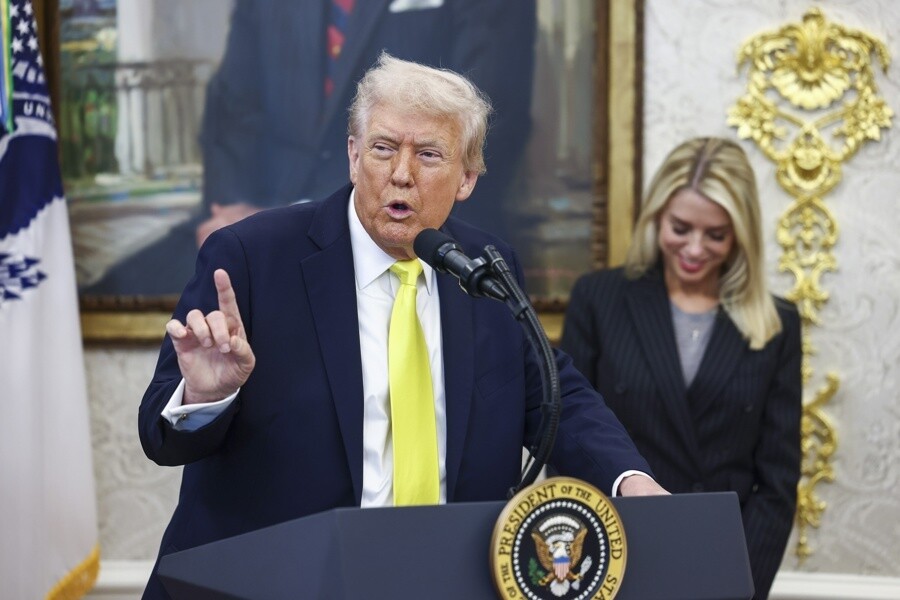
The U.S. Department of Treasury sanctioned on Thursday the human trafficking organization Bhardwaj (Bhardwaj HSO), based in Cancún, on Mexico's Caribbean coast, as well as its leader Vikrant Bhardwaj, three collaborators, and 16 companies linked to its illicit operations. According to a statement, the network is accused of illegally bringing thousands of migrants from Europe, Asia, South America, and the Middle East into U.S. territory, and is also involved in drug trafficking, bribery, and money laundering. “Under Secretary Bessent and President Trump’s direction, the Department of the Treasury is taking action to dismantle human trafficking networks,” said Under Secretary of Terrorism and Financial Intelligence John K. Hurley in the statement. The official added that the action, coordinated with law enforcement agencies and Mexican authorities, aims to “protect the American people” by weakening the operational capacity of the organization. The sanctions were issued under Executive Order 13581, amended by 13863, which targets transnational criminal organizations. The Office of Foreign Assets Control (OFAC) coordinated the action with Homeland Security Investigations (HSI), the Drug Enforcement Administration (DEA), and Mexico’s Financial Intelligence Unit (UIF). According to the Treasury, the Bhardwaj HSO uses yachts, marinas, and hotels in Cancún to receive migrants before transferring them to the northern border, in collaboration with the Hernández Salas organization, which was also sanctioned in 2023. The group uses the Tapachula–Cancún–Mexicali corridor to move people, charging thousands of dollars per migrant. The network also receives operational support from the Sinaloa Cartel, according to OFAC. Bhardwaj, of Indian and Mexican nationality, is identified as the founder and leader of the group, and is allegedly laundering money through his real estate, tourism, and energy businesses in Mexico, India, and the United Arab Emirates. Among his partners are José Germán Valadez Flores, a businessman linked to drug trafficking, and Jorge Alejandro Mendoza Villegas, a former police officer from Quintana Roo with access to Cancún International Airport, who would have facilitated the passage of migrants. The list of sanctioned individuals also includes the leader's wife, Indu Rani, accused of participating in the group's financial operations. The 16 blocked companies operated in the real estate, energy, tourism, and commercial sectors, with a presence in Mexico, India, and the United Arab Emirates. Among them are V AND V Astillero, Operadora Turística Princesa, VNV Store and Bhardwaj S.A. de C.V. in Mexico, as well as Black Gold Plus Energies Trading L.L.C. in Dubai. With the sanctions, all assets and interests of the designated persons and entities within the United States or under the control of U.S. citizens are blocked. In addition, transactions with these entities are prohibited, except with explicit authorization from OFAC. The Treasury warned that violations of sanctions may result in civil or criminal penalties for both U.S. and foreign citizens. The agency emphasized that the goal of the measures “is not to punish, but to achieve a change in behavior,” and indicated that the sanctioned can request their removal from the list if they meet the legal criteria.











